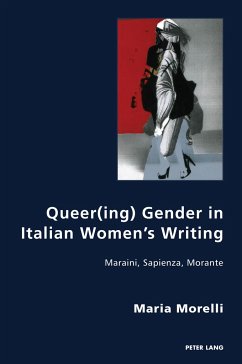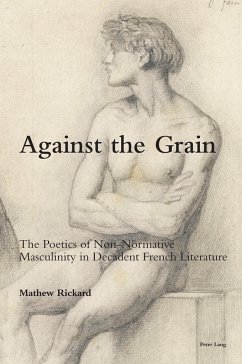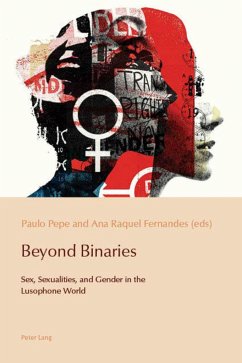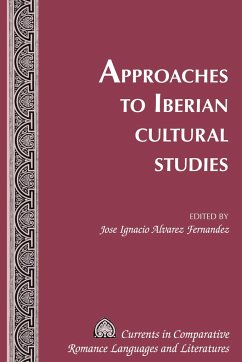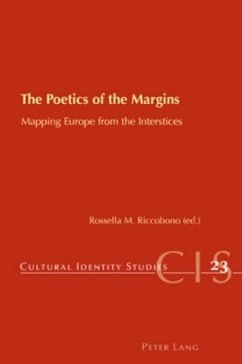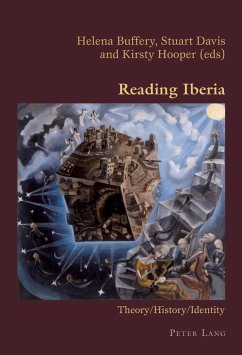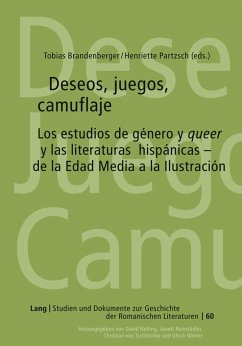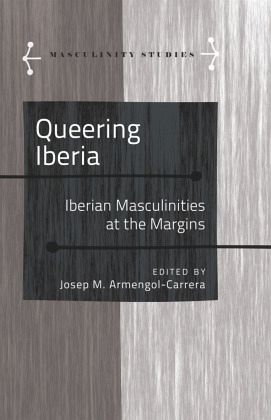
Queering Iberia
Iberian Masculinities at the Margins
Herausgegeben: Armengol, Jose

PAYBACK Punkte
0 °P sammeln!
Questioning the traditional association between machismo and Hispanic culture, this collection of essays focuses on revisiting archetypes of masculinity from medieval Iberia to the present by placing them in the context of the divergent counter-images that have always existed below the radar. The essays in this volume investigate both the construction and de-construction of masculinity in Iberian cultures and literatures from different genres and historical periods and from different disciplines (literary studies, film studies, art, religion, visual culture, etc.) and methodological perspectiv...
Questioning the traditional association between machismo and Hispanic culture, this collection of essays focuses on revisiting archetypes of masculinity from medieval Iberia to the present by placing them in the context of the divergent counter-images that have always existed below the radar. The essays in this volume investigate both the construction and de-construction of masculinity in Iberian cultures and literatures from different genres and historical periods and from different disciplines (literary studies, film studies, art, religion, visual culture, etc.) and methodological perspectives (masculinity studies, feminist theory, queer studies, cultural studies, etc.). Queering Iberia is particularly concerned with exploring alternative models that examine or challenge canonical models of manhood, placing special emphasis upon re-visions of Iberian masculinities, especially as they are manifested in Catalonia, the Basque country, Galicia, and the Americas. This book starts off from the critical assumption that rethinking masculinities from these counterpoints will contribute different perspectives on the topic, and that by exploring Iberian cultures through masculinities new aspects of the relationships among these cultures can be understood. Queering Iberia will be of interest to courses on queer, gender, and masculinity studies as well as Hispanic cultures and literatures.




